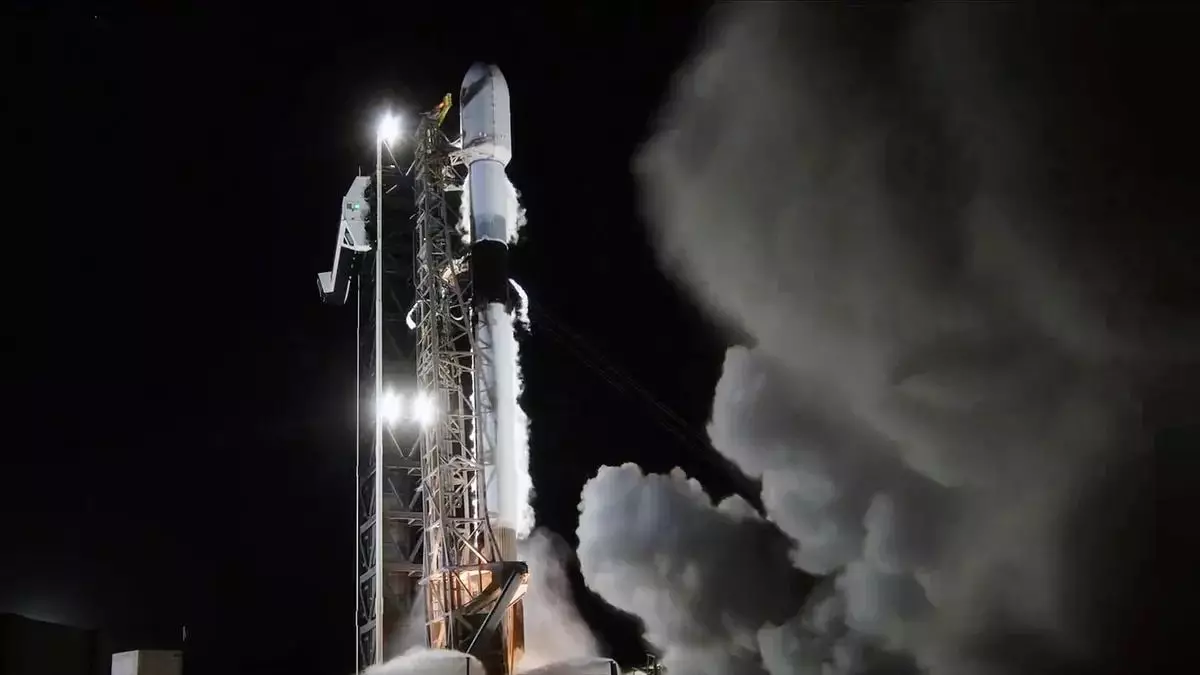The latest launch of SpaceX’s Falcon 9 rocket from Cape Canaveral on April 21 heralded a pivotal moment for European aerospace, showcasing not only a significant technological achievement but also a daring venture into private space logistics. Among its eclectic payload, the most thrilling and aspirational is undoubtedly the Phoenix 1 capsule, crafted by the innovative minds at Atmos Space Cargo, a German company determined to redefine the future of space exploration. This mission marks an unprecedented attempt by a private European entity to perform a reentry from low Earth orbit, positioning Europe on the cusp of a potentially powerful new era in space commerce and research.
More than Just a Cargo Capsule
The ambitions tied to Phoenix 1 extend far beyond the capsule itself. This modest yet groundbreaking spacecraft aims to test critical technologies such as an inflatable heat shield designed to secure the safe return of high-value materials and scientific experiments from the depths of space. If successful, the test flight would not only validate the capabilities of the Phoenix program but also serve as a tangible example of how private companies can complement governmental efforts in space exploration. It’s as if the capsule embodies the spirit of entrepreneurship, an embodiment of commercial resilience aspiring to fill the vacuum left by traditional space agencies in an ever-competitive space landscape.
Ridesharing Reimagined
SpaceX’s rideshare missions, specifically the recently launched Bandwagon-3, symbolize a groundbreaking shift in how we view space missions. Unlike standard satellite deployments, Bandwagon-3 caters to a diverse range of payloads, demonstrating a remarkable degree of flexibility and adaptability. The confluence of various projects, from South Korea’s defense satellite to weather observatories, illustrates a fundamental change in the infrastructure of space operations—where smaller, innovative applications can find room alongside traditional missions. This not only democratizes access to space but also lays the groundwork for more varied and sustained exploration efforts, particularly in critical areas such as microgravity research and life sciences.
Charting a Course for Commercial Space Innovation
The implications of a successful Phoenix 1 mission extend far beyond the immediate technical specifics. Successfully completing its reentry and splashdown would not just deliver bragging rights but catalyze an avalanche of commercial opportunities for European space companies. By effectively establishing competency in atmospheric reentry, Europe would potentially unlock new avenues for collaboration between research institutions and businesses, enhancing commercial viability.
Furthermore, with the growing trend of public-private partnerships in space endeavors, the Phoenix initiative and programs like it will serve as vital test cases. Each success will affirm the potential for commercial ventures that can forge ahead where traditional state-funded projects may falter under bureaucratic entanglements. This innovative approach could steer Europe into a leadership role in the global space economy.
As we watch these developments unfold, the future of space logistics appears brighter, with a host of possibilities lying ahead for Europe and the world. Let us cheer on Phoenix 1 as it embarks on a journey that could very well reshape the aspirations and capabilities of private aerospace ventures across the continent.

